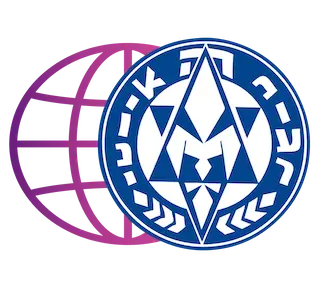Darkenu - Nuestra senda - Our way


During the years following World War I, two extremist ideological currents conquered the minds of European youth: fascist nationalism and communist Marxism. The former promised the peoples glory and conquests, at the price of developing xenophobia. Thus was fanned the fire of anti-Semitism, which led to rates of cruelty of unbelievable proportions. On the other hand, Marxism tended to the creation of a world without social divisions, at the price of the elimination of the non-productive classes. The Jews felt threatened both as individuals (by the possible disappearance of their means of subsistence) and as a national collective (by the possibility of total assimilation). When these doctrines found expression within some currents of the Jewish youth of the time, a handful of young intellectuals eager for reform adopted critical attitudes towards extremist precepts and slogans, coming to the conclusion that they were positions that did not deserve to be concretized in reality.
As a consequence, these youth identified the need to create a youth movement that would serve as an expression of the diverse conceptions and perspectives within Judaism and that would place Zionism as the supreme idea. This is how in different countries of Europe different Zionist youth groups were created in search of a new path, a path that could show the way to thousands of young Jews thirsty for a coherent answer.


In 1926 the crystallization of this idea took place, when from the separation of several kenim from the polarized Tnuot, the consolidation of the “Hanoar Hatzioni” Movement began. The meeting between sister movements culminated officially with the creation of the Histadrut Jalutzit Olamit Hanoar Hatzioni (World Jalutzian Organization “Zionist Youth”) established in the convention that took place in Levov (at that time Poland) on May 25, 1931.



